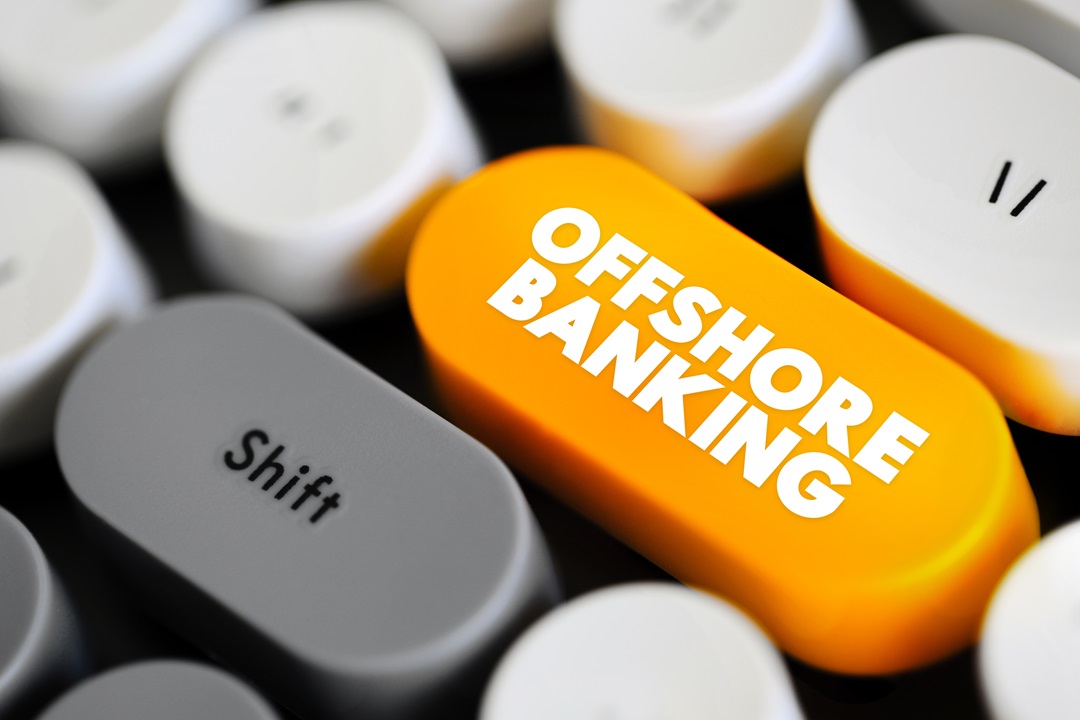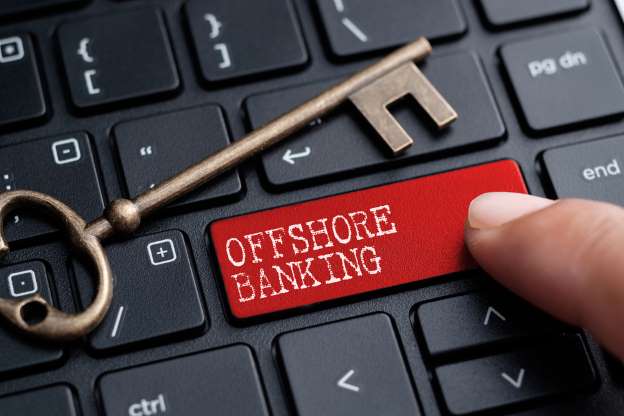Maximize Your Wealth with Offshore Banking Accounts Customized for Your Needs.
Maximize Your Wealth with Offshore Banking Accounts Customized for Your Needs.
Blog Article
How Offshore Banking Can Increase Your Financial Privacy and Protection
Offshore banking has actually emerged as a sensible choice for people seeking to improve their financial personal privacy and security. By leveraging the special advantages of overseas territories, clients can successfully shield their properties from unwanted analysis and mitigate different financial dangers. These financial institutions usually execute durable safety and security actions, such as advanced file encryption techniques and multi-factor authentication, to guard sensitive info. Nonetheless, the nuances of overseas banking prolong past simple personal privacy; understanding the complete extent of its benefits and ramifications is crucial for anybody considering this economic technique. What remains to be checked out are the important variables that can affect your success in this field.
Comprehending Offshore Financial

Offshore banks are commonly located in nations understood for their durable monetary solutions and privacy laws, such as Switzerland, the Cayman Islands, and Singapore. Individuals and businesses may look for offshore financial services for a range of reasons, including property security, diversity of investments, and accessibility to international markets.
Additionally, overseas banking can supply clients the capability to manage several money and help with global transactions with higher ease. offshore banking. Nonetheless, the practice has additionally attracted examination because of possible misuse for tax evasion and cash laundering, leading to enhanced regulative oversight. Because of this, understanding the complexities of overseas financial is essential for navigating both its advantages and challenges, specifically as global financial systems progress and governments seek higher openness in monetary purchases

Advantages of Financial Personal Privacy
Financial personal privacy plays a substantial duty in the allure of overseas financial, as it uses individuals and companies a layer of security for their assets and individual info. One of the primary advantages of boosted economic personal privacy is the capability to shield wealth from unrequested analysis, which can be especially helpful for high-net-worth individuals and entrepreneurs. This personal privacy promotes a sense of safety and security, allowing customers to handle their financial resources without fear of breach or excessive influence.
Furthermore, economic personal privacy can contribute to better economic planning. By keeping delicate info confidential, customers can make tactical decisions without the stress of outside parties. This discernment is vital in maintaining the honesty of personal or company monetary strategies.
In addition, offshore financial can help with international deals with greater privacy. This is particularly valuable for services participated in worldwide trade, as it enables them to run without subjecting their economic activities to rivals or regulatory bodies needlessly.
Ultimately, the advantages of economic privacy in overseas banking prolong past mere discretion; they empower individuals and businesses to navigate their monetary landscapes with self-confidence and freedom. This flexibility is invaluable in today's interconnected and typically looked at financial globe.

Boosted Security Functions
Exactly how can offshore banking boost the security of personal and business possessions? Offshore financial institutions typically offer durable security measures that can considerably shield customers' funds and sensitive info. Among the key functions is advanced file encryption modern technology, which safeguards on-line transactions and data storage, minimizing the risk of unauthorized gain access to.
Furthermore, Your Domain Name numerous offshore banks lie in jurisdictions with strict privacy laws, providing a layer of legal protection against potential property seizures or unwarranted scrutiny. This lawful structure not just safeguards customer info however also guarantees that the bank follows high criteria of discretion.
Moreover, offshore banks frequently employ multi-factor verification methods, needing multiple forms of confirmation before giving access to accounts. This included layer of safety discourages fraud and boosts total account security.
In cases of geopolitical instability or financial uncertainty, offshore financial institutions can likewise provide customers with diversified asset defense techniques. By holding assets in numerous currencies or financial investment automobiles, clients can lower exposure to domestic dangers. Collectively, these boosted safety and security attributes make offshore banking an appealing choice for those seeking to protect their financial sources efficiently.
Tax Obligation Advantages and Conformity
Offshore banking uses individuals and companies strategic tax obligation advantages that can improve their total monetary performance. By using overseas accounts in jurisdictions with desirable tax routines, clients can potentially decrease their tax responsibilities. Numerous overseas financial institutions operate in nations with reduced or zero tax on revenue, funding gains, and inheritance, permitting depositors to retain a bigger section of their profits.
Nevertheless, it is critical to highlight that participating visit in overseas financial calls for strict adherence to tax conformity regulations - offshore banking. International standards, such as the Typical Coverage Criterion (CRS) and the Foreign Account Tax Compliance Act (FATCA), require that account owners report their international accounts to their home nations. Failure to comply can lead to serious fines and lawful repercussions
To optimize the advantages of overseas financial, individuals and companies should make sure that they participate in clear tax obligation preparation and keep comprehensive paperwork. This consists of recognizing the tax obligations in both the offshore jurisdiction and their home country. By doing so, clients can delight in the monetary advantages of offshore banking while remaining compliant with international tax laws, thereby safeguarding their financial passions and ensuring long-term security.
Picking the Right Offshore Financial Institution

Choosing the appropriate overseas financial institution is a critical decision that can considerably impact a person's or company's financial approach. To make an More hints enlightened option, several variables need to be thought about.
First, evaluate the financial institution's jurisdiction. Different nations provide varying degrees of regulative oversight, privacy defenses, and political stability. Go with a territory known for strong financial policies and durable legal structures, such as Switzerland, Singapore, or the Cayman Islands.
Next, assess the financial institution's credibility and economic stability. Study its debt scores, reviews from other clients, and any background of financial misconduct. A well-established establishment with a solid record is essential for protecting your assets.
Furthermore, take into consideration the variety of solutions offered. Some financial institutions concentrate on wide range monitoring, while others may concentrate on business solutions or investment chances. Guarantee that the bank aligns with your specific monetary demands.
Conclusion
To conclude, offshore banking serves as an important tool for improving monetary privacy and safety. By leveraging rigid personal privacy legislations, progressed file encryption, and multi-factor authentication, individuals can efficiently safeguard sensitive information. Furthermore, the ability to expand properties throughout different currencies reduces domestic risks, advertising higher monetary control. When implemented with adherence to tax obligation policies and careful option of establishments, offshore banking inevitably contributes considerably to a secure and personal monetary landscape.
Report this page